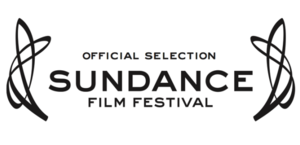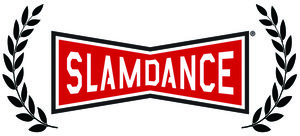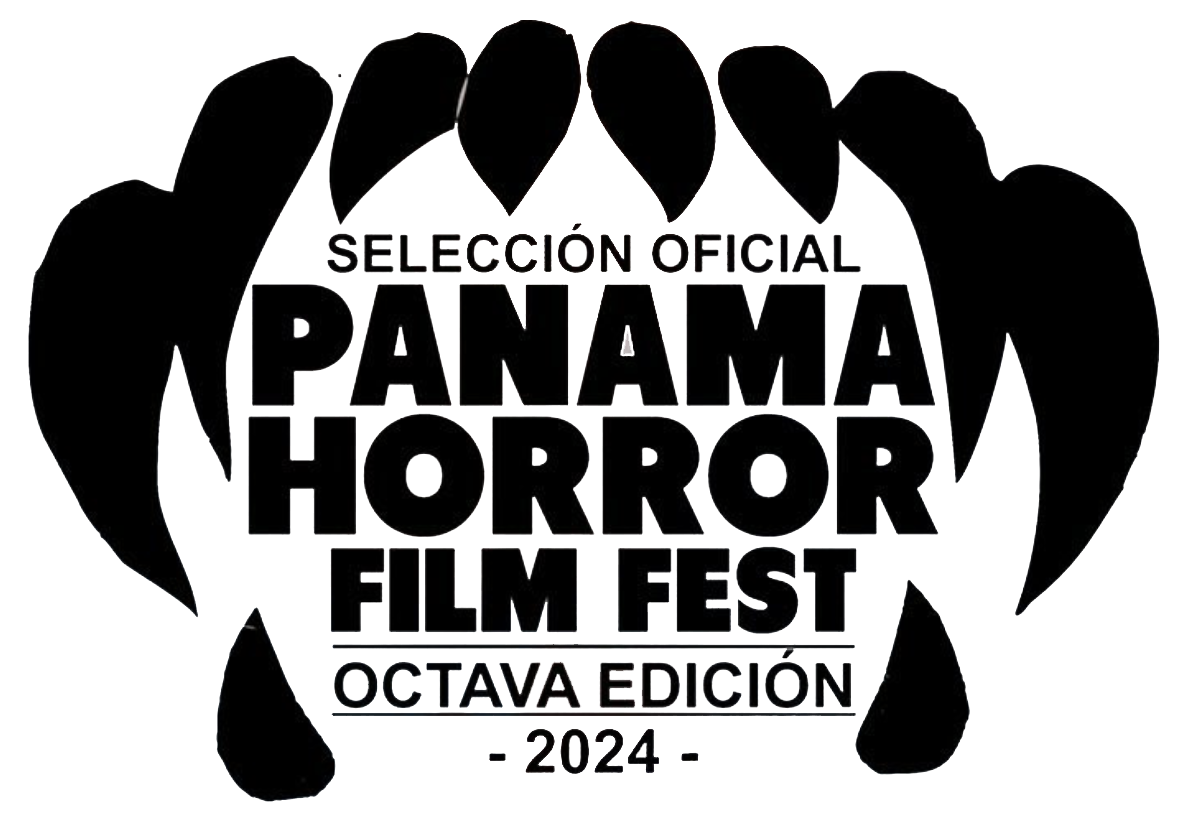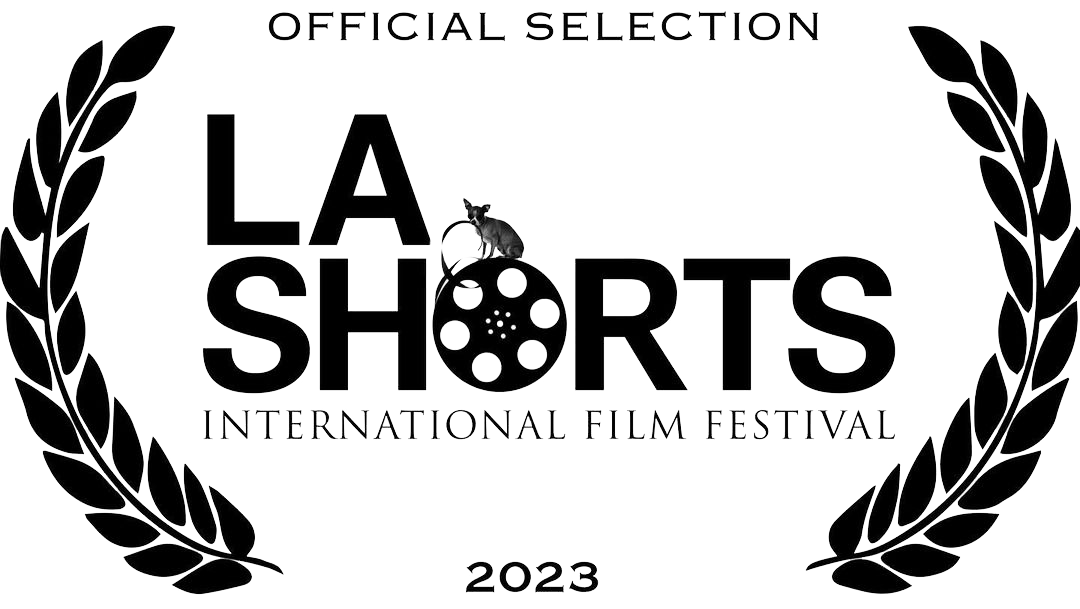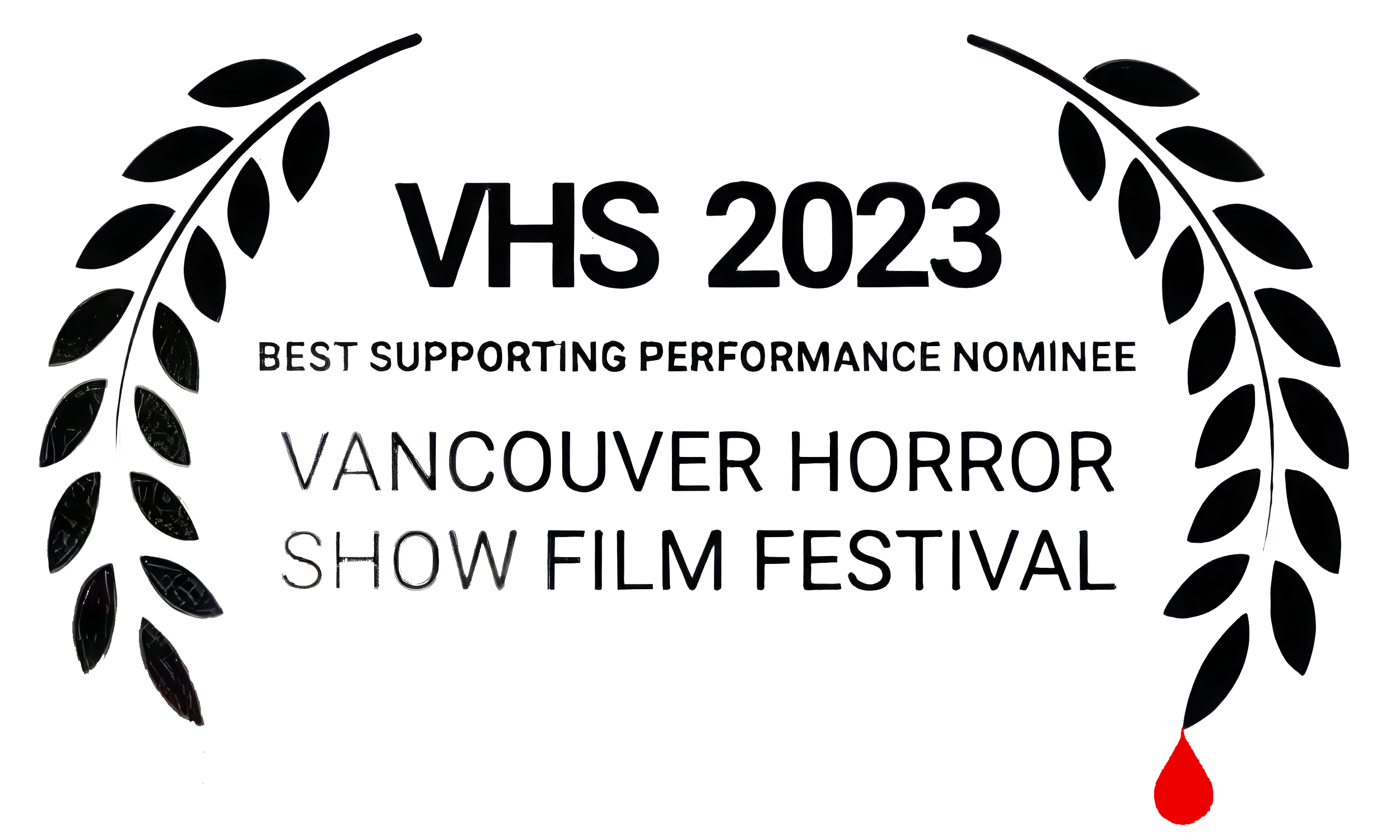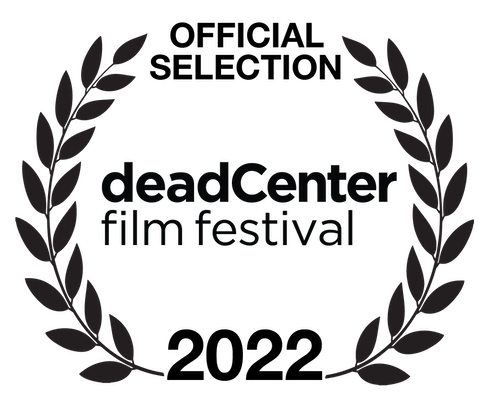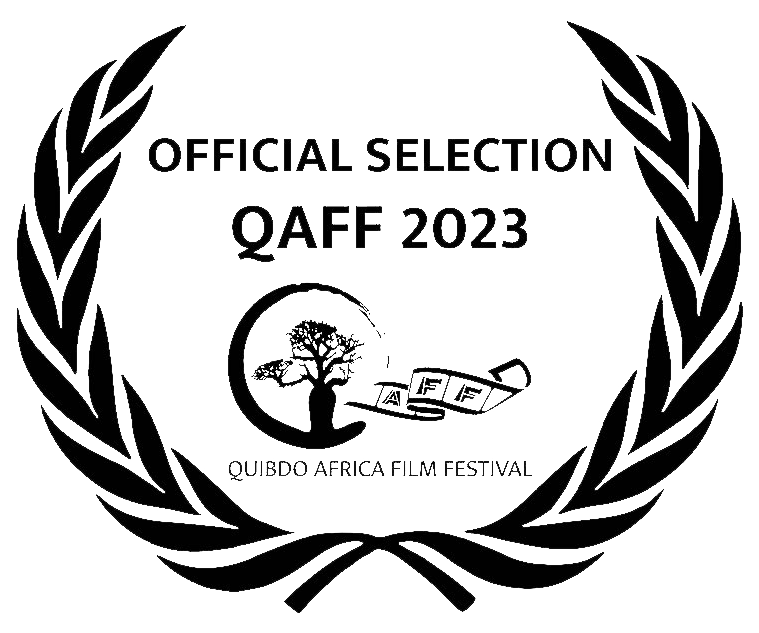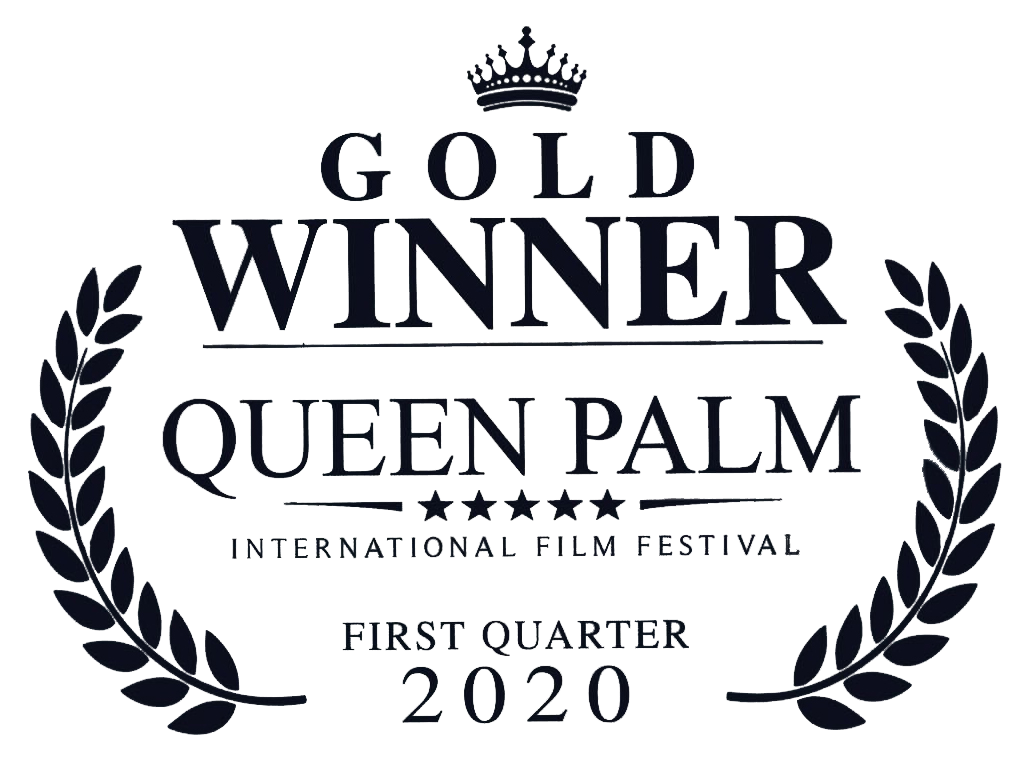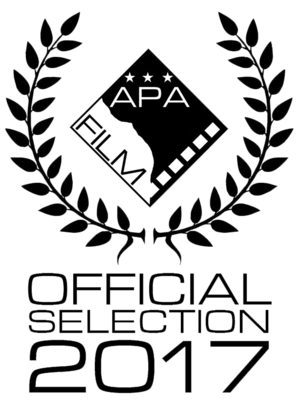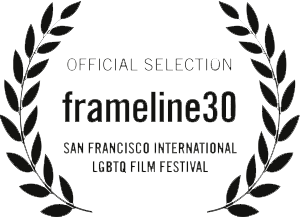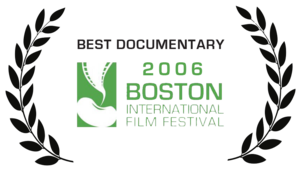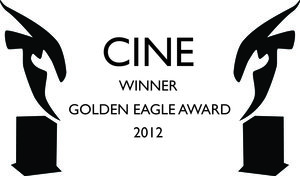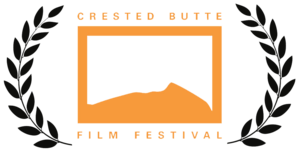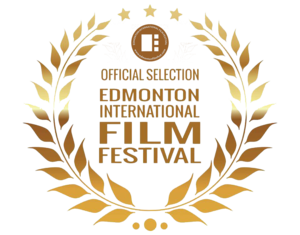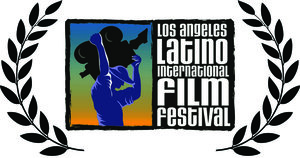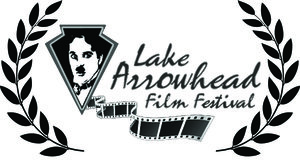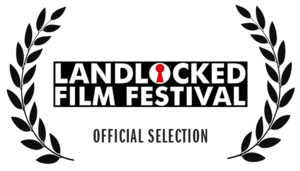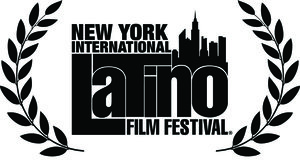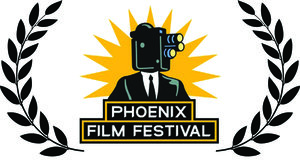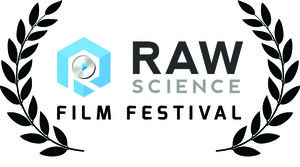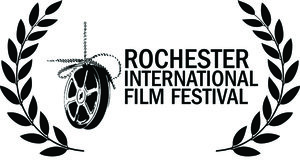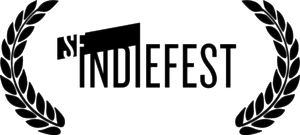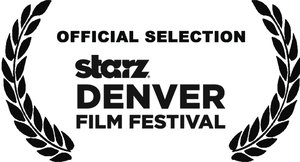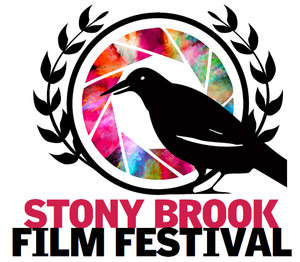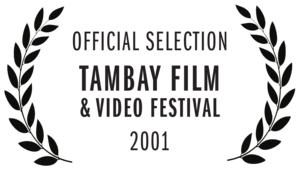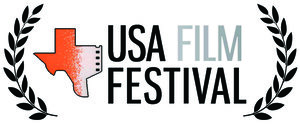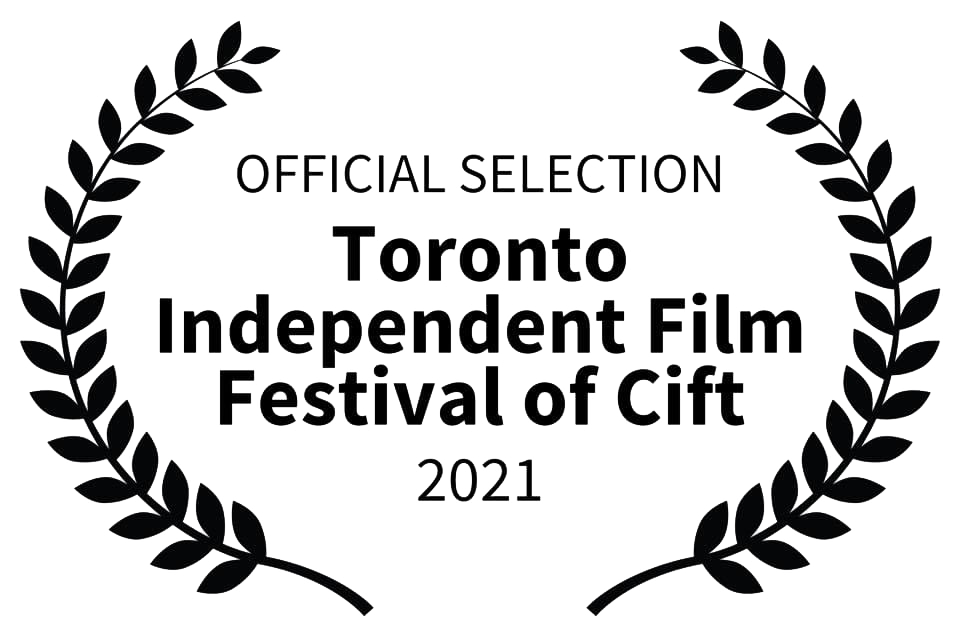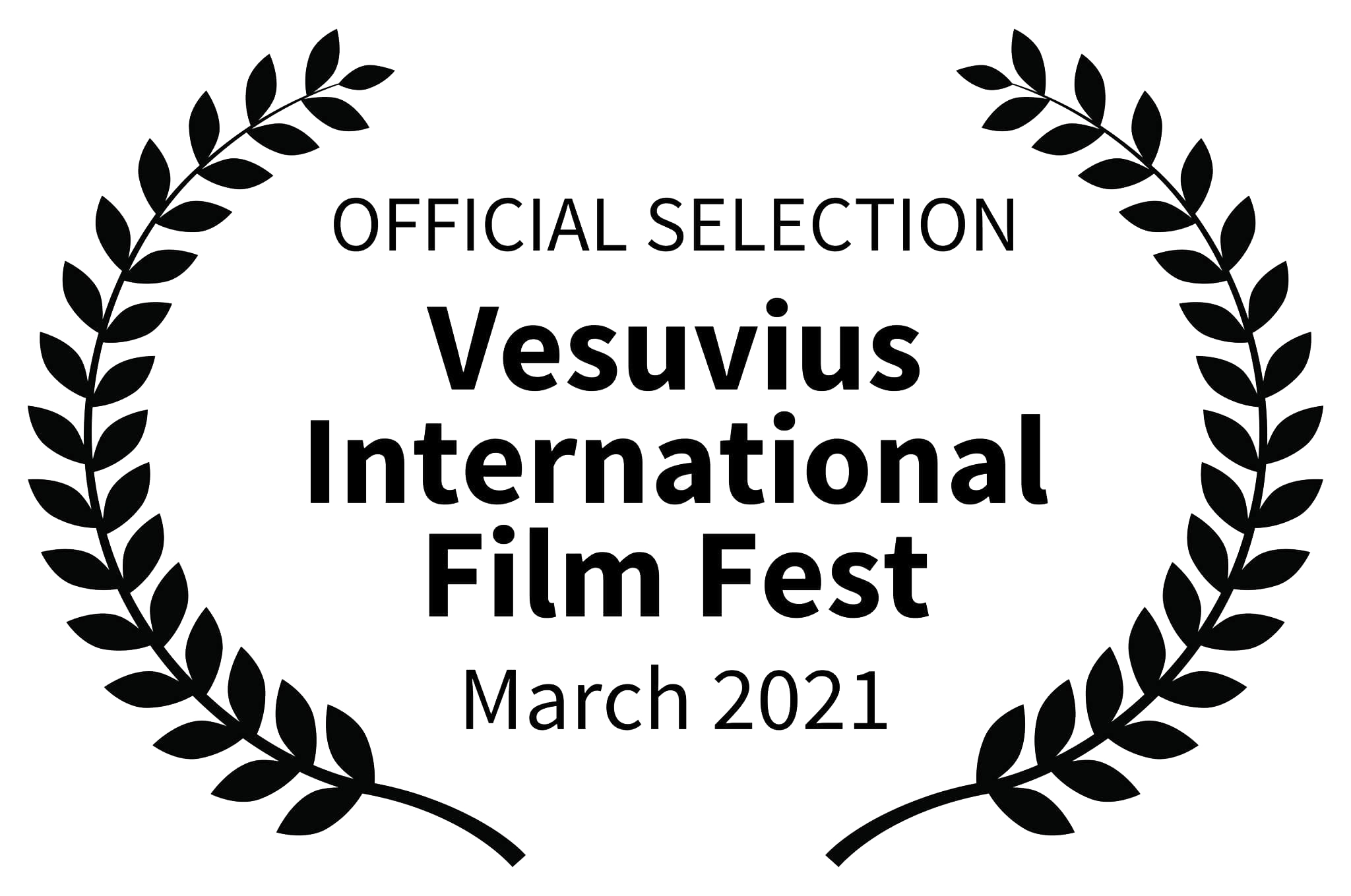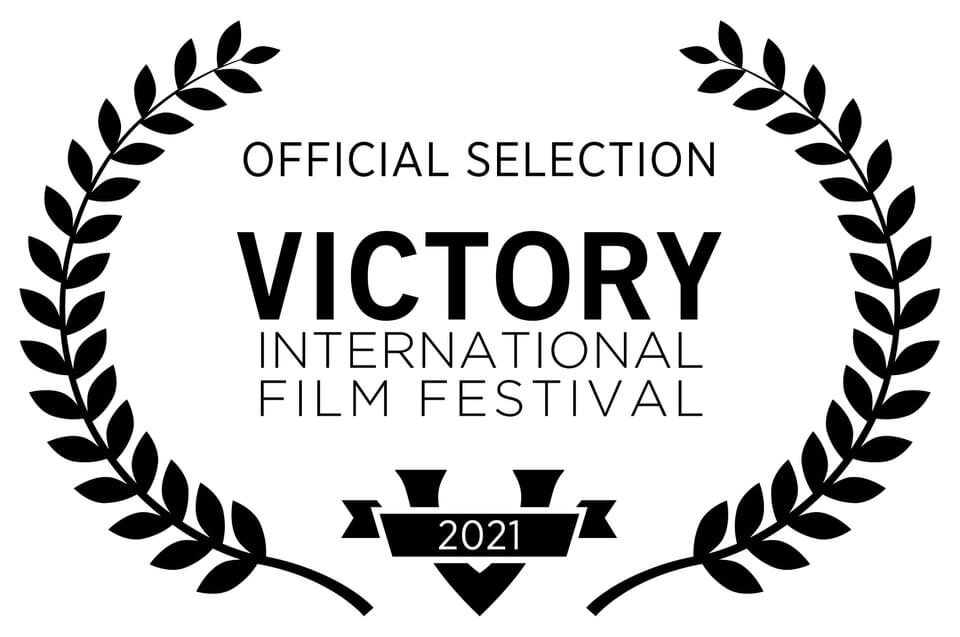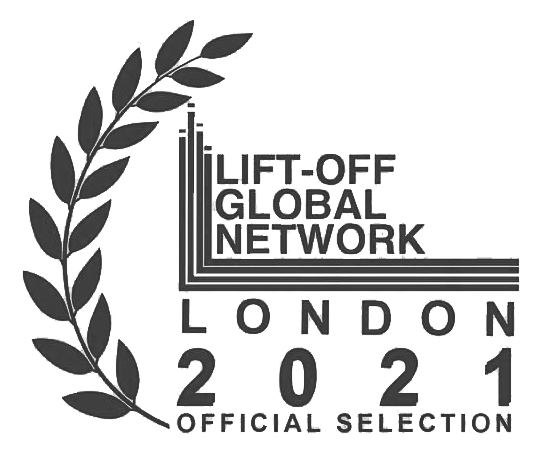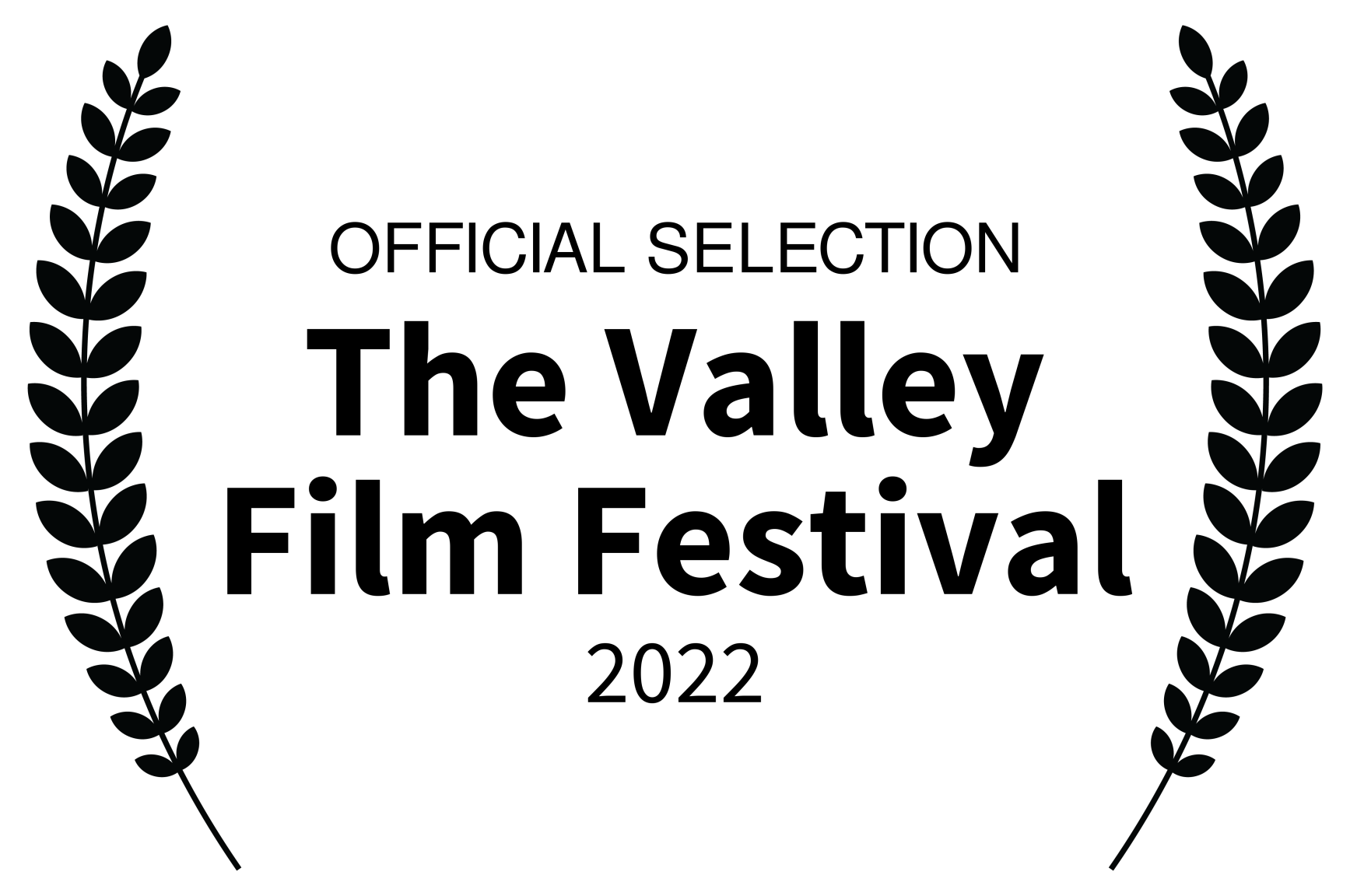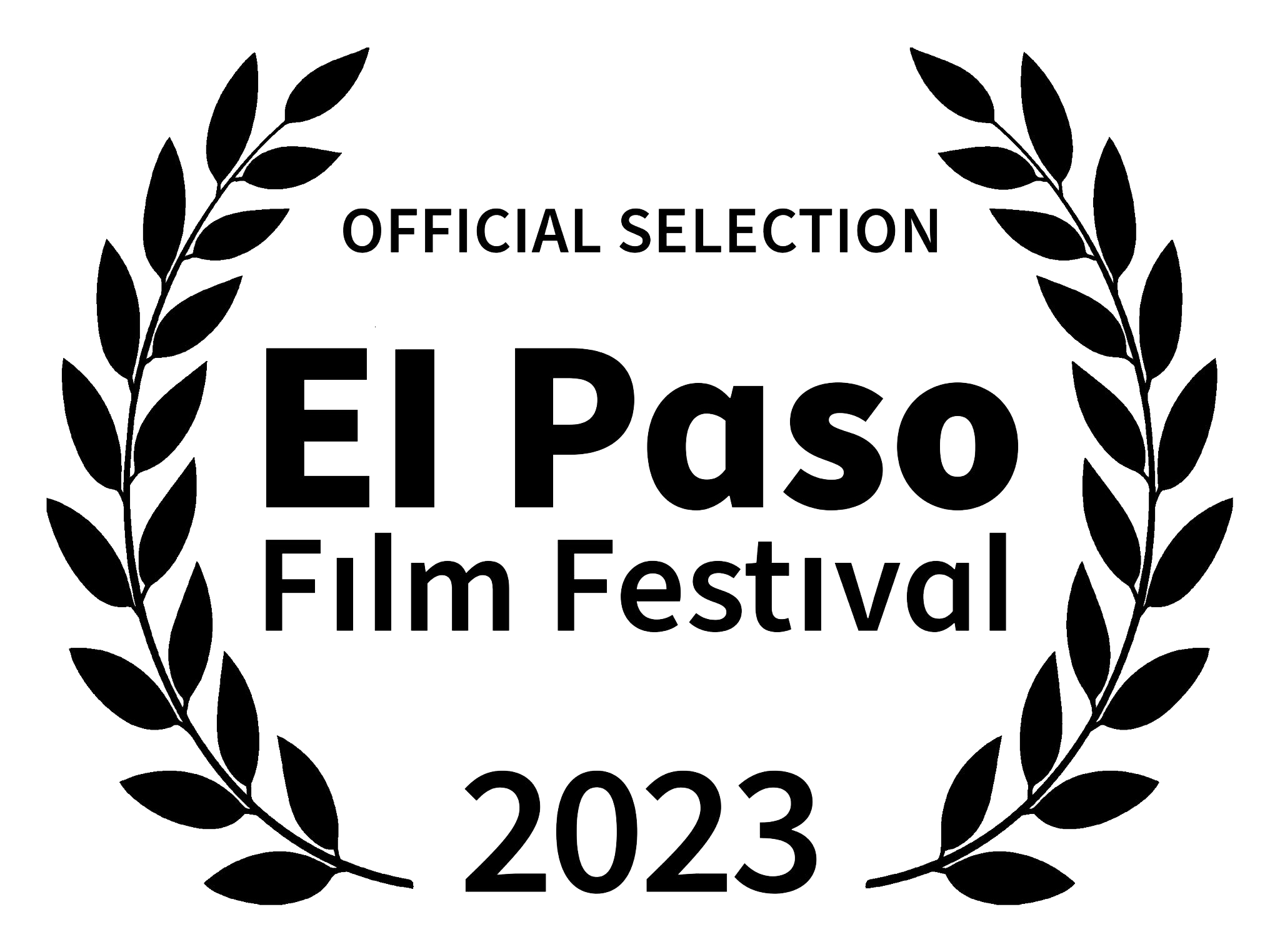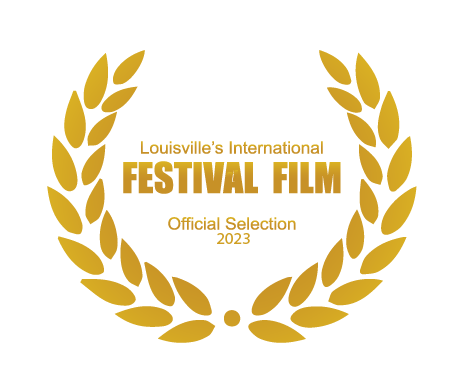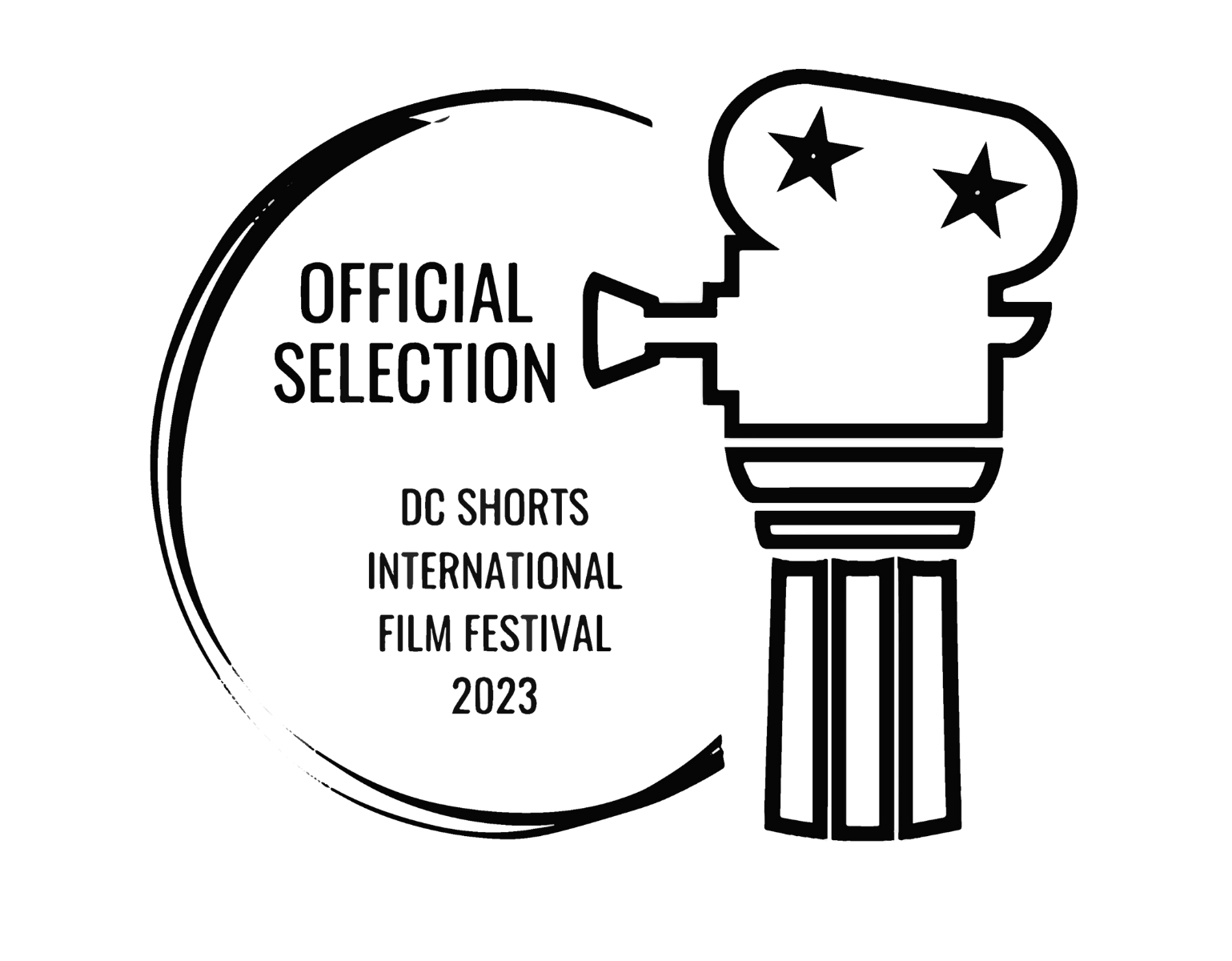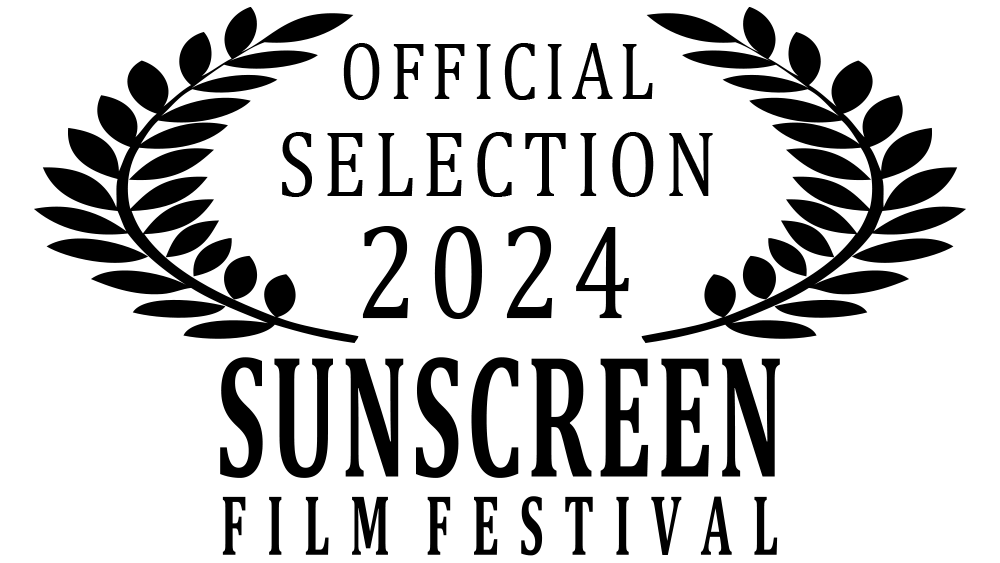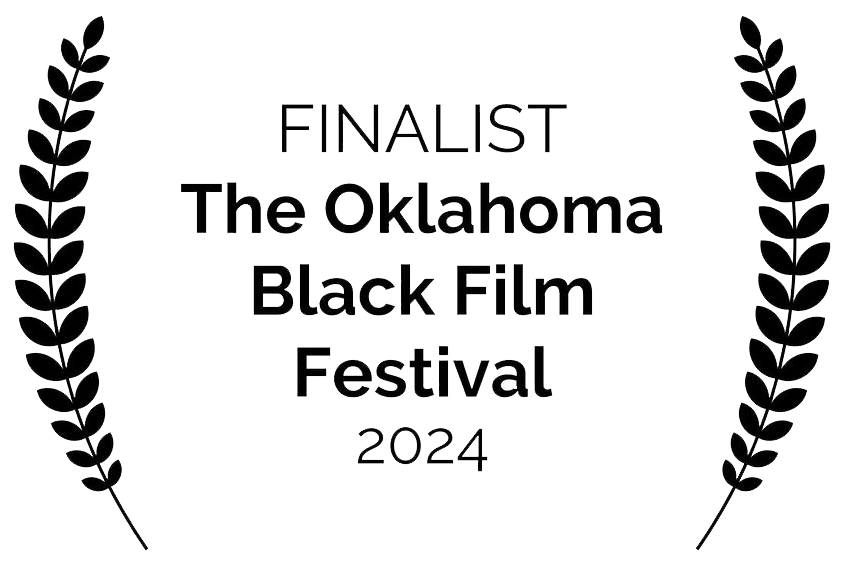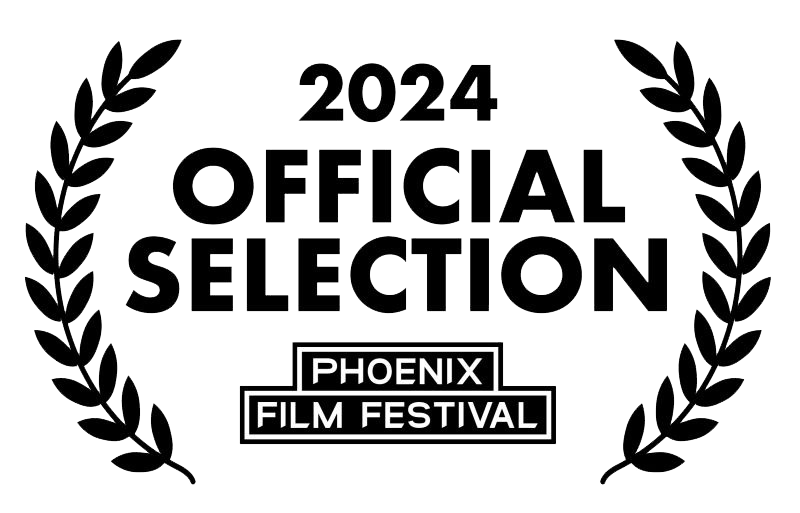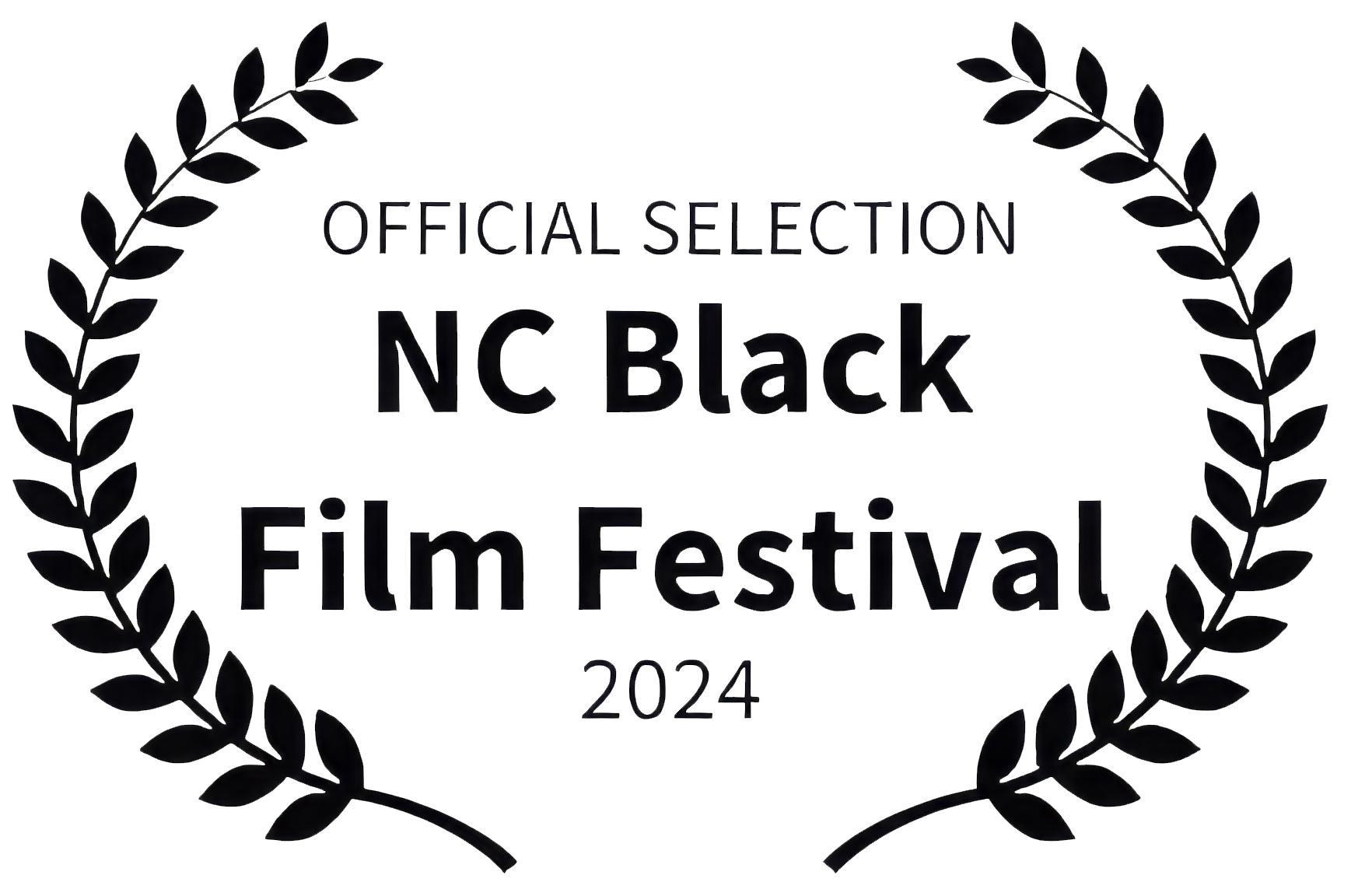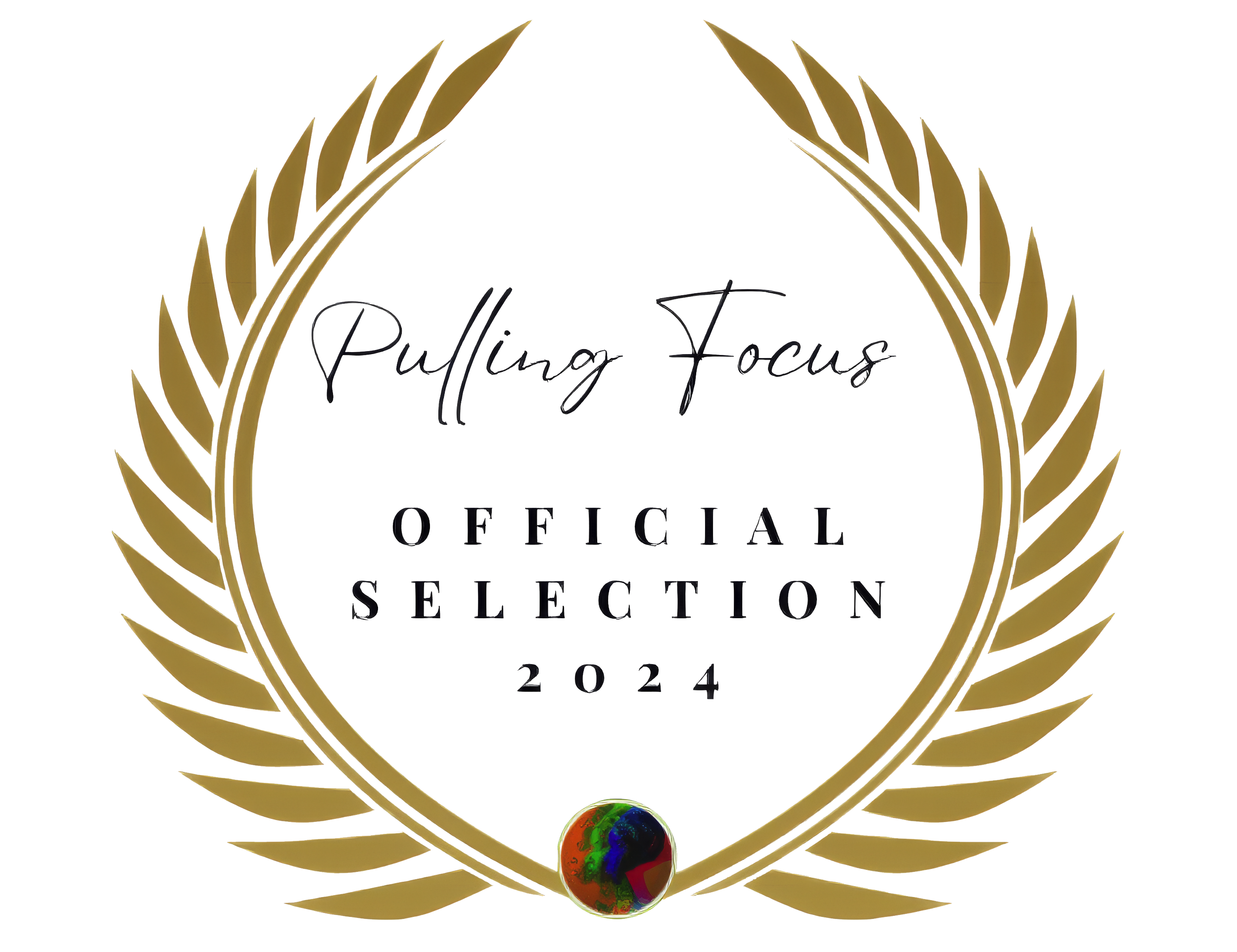The Sound of Silence (a.k.a. Don't Speak)
/I was torn between two great song-related puns for today's blog post, so I included them both. In retrospect, that's a pretty solid meta-joke, as the anecdote below is all about saying too much and saying too little. The experience was one of the most uncomfortable moments of my career, but it was also taught me a lot.
“There is no sale without the story; no knockout without the setup.”
Every once in a while I have to pitch myself to a filmmaker without having met them before. To use Gary Vaynerchuk’s metaphor, it’s like trying to land the knockout right hook without having committed to the necessary jabs beforehand. If you find yourself with an opportunity like this, one thing I recommend avoiding at all costs is talking too much.
Case in point: I was up for an independent feature about ten years ago. The director was a friend of mine. We’d worked together on a couple of smaller projects before this, and we worked well together. I was looking forward to the challenge; the picture was in a style I rarely got to write.
Before I could get started writing, though, there was the small hurdle of being approved for the picture by the producers—two people I’d never met. Thus, the dreaded cold meeting.
And let me tell you, this one lived up to the name: Once we got through the requisite introductions, that place turned into Antarctica. Those producers completely ignored me. They literally said fewer than ten words apiece in the entire 25-minute meeting.
That kind of thing doesn’t just happen… it’s premeditated. But that didn’t occur to me then.
As the silent seconds thundered past, the look of chagrin on my director friend’s face told me he wasn’t gonna bail me out of this mess. My one ally in the room had just turtled. All I could think of was: “What magical combination of words out of my mouth will cause these people to like me?”
I tried to fill the empty air with something, anything: Opinions on their script, ideas of how my score would enhance the narrative, a preliminary concept for a palette. The situation got more and more awkward as they declined to respond. Again and again. And I came up with more words to say, again and again, until I couldn’t any more. I’d run through every trick I knew to entice them into a conversation, and I’d failed.
The producers didn’t ask me if I was finished; they didn’t have to. They dismissed me with a vacant “thanks”—which I am counting as one of the twenty words they spoke between them—and a nod toward the door. I was dismissed.
I’ve shown more respect to moldy, back-of-the-fridge lasagna before chucking it in the trash can.
It was one of the most humiliating professional interactions I’ve ever had. It took me days to recover, and I still get angry thinking about it. If I’d been able to meet these people socially beforehand, I could have foreseen the toxic dynamic. I could have bowed out of the whole situation gracefully.
Could I have come out with a win, though, given the situation? Was there some Jedi sequence of moves that would bring those producers, and the picture, my way? Almost certainly not. In this case, there was never any hope for me (see below). But a little verbal economy on my part would at least have allowed me to retain my dignity.
But I hadn’t gotten that memo on all that. I just yapped my trap ad nauseam, hoping something would evoke a positive reaction.
“Knowing when to walk away is wisdom.
Being able to walk away is courage.
Walking away with your head held high is dignity.”
The better play would have been to let the silence fall, or simply to ask a couple of questions and then let the silence fall. Either way, I would have been demonstrating that I was comfortable without words… which would have put the pressure right back on them to say something. The person asking the questions is the person in control, and I could have taken that initiative.
Then, if they continued to disrespect me, I could have walked out without another word. Ending the meeting on my terms, in a definitive, proactive fashion. That’s the strategy I recommend to you should you ever come across this particular brand of negotiator.
It turned out that the pair of producers in this nightmare anecdote were in the midst of an all-out creative war with my friend the director. I was never going to get that gig. Still, the way those producers wrung me out, just to make a point to the director about who was wearing the pants on the production, was asinine.
The director himself was all apologies afterwards, and I tried to be gracious and understanding and, you know, cool with it. But something between us had broken in that moment. We stay in touch, but we haven't worked together since. In fact, that was the last picture he directed. I can only imagine what it was like having to deal with those producers day in and day out, on set and off.
Overt hostility of that sort has a long emotional half-life. After the initial sting of the insult faded, though, the experience was instructive. Ten years later, I know exactly what to do if I find myself in one of those rooms. I imagine you’re devising your own clever strategy as you read this… which is sort of the point.
By the way: verbal economy is just as important in happier meetings. It means that the words you do say carry more weight. The point arrives more quickly, and it isn’t hidden in a thicket of excuses, unnecessary description or showy verbiage.
I have to make a conscious effort to keep this concept at the top of my own mind, by the way. I have to be vigilant against my natural tendency toward wordiness. Especially if it’s a gig I really want, my tendency is to try to seize control of the situation with words… words… words.
And it’s exactly the wrong thing to do. Over-talking (and its cousin, “always having to have the last word in a conversation”) is indicative of weakness, of a lack of self-control. It hints that the gig in question is needed rather than wanted.
Being affable, communicative, intuitive and responsible is the goal of any creative working dynamic. But self-respect demands that you stand up when it’s time to walk out of the room. There are times when it’s not worth getting the gig… and other times when the most useful thing you can do is act for all the world like you don’t want it. It’s amazing how much respect you can command when you prove you’re willing to stare someone down, or even to walk—not out of anger, pettiness or spite, but simply as a matter of self-respect.


